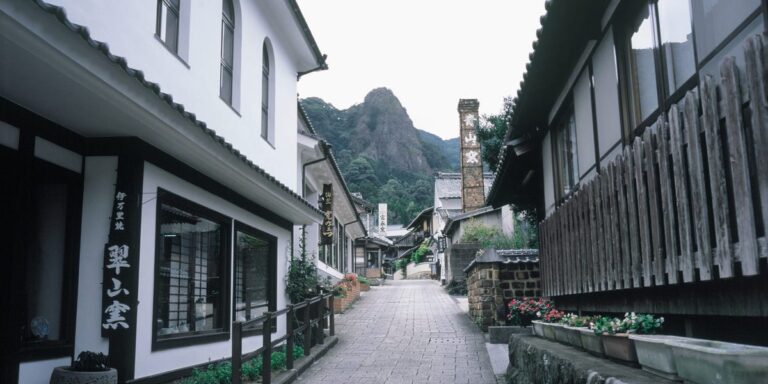- According to a report from the Nikkei newspaper, vacant houses in Japan are casting a shadow over neighbouring properties.
- These homes will cost Japan’s real estate market an estimated $24.7 billion over the five years to 2023.
- Japan has been offering these abandoned houses at rock bottom prices to attract buyers.
In Japan, there is an excess of vacant houses, causing surrounding real estate prices to fall and causing damages amounting to tens of billions of yen.
A report published Tuesday by Nikkei Asia estimated that the country’s real estate market has suffered losses of around $24.7 billion over the past five years due to falling property values of homes located near abandoned buildings.
The report cites research by the Japan Vacant House Consortium, a group of 14 companies and research institutes that aim to tackle Japan’s vacant house problem.
The association’s research shows that land prices within a 165-foot radius of vacant homes have plummeted.
This is due to a number of factors. Firstly, abandoned properties are avoided by potential buyers who are concerned about overgrowth of plants and infestations of pests.
Aside from pest infestations, homes can pose serious safety hazards. For example, poorly maintained homes can collapse in earthquakes, landslides, and extreme weather events.
Vacant houses cannot be occupied or demolished without tracing the original owners, a time-consuming task as their descendants may have moved away or become unreachable. This has led to the formation of “ghost villages” in rural Japanese prefectures.
The Japanese government is offering incentives such as $500 cheap housing and tax breaks to encourage residents to move out of cities and back to rural towns.
Foreigners are jumping on these deals, snapping up large properties at low prices and renovating them into their dream homes.
But Chris McMorran, associate professor at the Department of Japanese Studies at the National University of Singapore (NUS), told BI in 2021 that the outlook for rural areas remains bleak.
“The large number of vacant houses ruins the landscape and further discourages residents, as people don’t want to live in a terminal village surrounded by ‘ghost houses’,” McMorran told Insider’s Lina Batarags and Cheryl Teh.
Japan’s vacant homes are expected to swell to 9 million by October 2023, accounting for about 14% of the country’s total number of homes. The number of vacant homes is expected to increase due to Japan’s declining and aging population, as well as migration from rural areas to cities.
Vacant homes also include abandoned apartment buildings, which Nikkei said could decrease the value of the entire property if the owners move out of their homes and don’t pay management and maintenance fees.
“Our estimates are limited to the impact of vacant houses on land prices,” Teppei Kawaguchi, CEO of construction and demolition services company Crassone, which leads the consortium, told Nikkei. “The actual negative impact could be even greater.”
There is a flip side to this real estate crisis: while buyers are shying away from homes near vacant houses, some of them are attracting interest from people looking to buy cheap property in Japan’s countryside.
Also in November, Airbnb told Nikkei that it wanted to partner with local governments to encourage homeowners to renovate vacant houses and use them as tourist attractions.
“As people live longer, this could become a good source of income after retirement. If owners of idle assets renovate and convert them into accommodation, it could be a solution,” Yasuyuki Tanabe, Airbnb’s Japan head, told Nikkei.
Crassone, the construction and demolition services company that leads the consortium, did not immediately respond to Business Insider’s request for comment.

